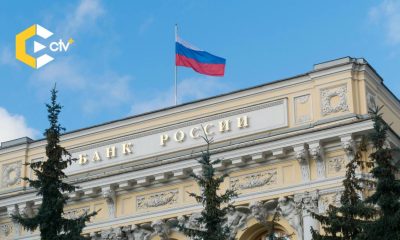News
Crypto not money – Singaporean Judge

In a court case presided over by Justice Coomaraswamy in Singapore, the value and essence of crypto is being contested. According to Coomaraswamy, cryptocurrencies are not money yet despite the several financial transactions it’s used for.
The case came up as a result of a suit submitted by Algorand, a blockchain company, to recover money from an already defunct crypto hedge fund firm, Three Arrow Company. According to Algorand, the recovery is to the tune of 53.5 million USDC which if converted should be equal to $53.5 million as USDC is pegged to the US dollar.
The counsel representing Algorand, Daniel Chan of law firm WongPartnership, argued that since foreign currencies are recognized in Singapore as money although they are not legal tender in the country, crypto should also be referred to as money.
In defence, Coomaraswamy replied that it means that a community that uses seashells as money can also be accepted in Singapore in the same vein. “Your Honour poses an extreme example,” replied Chan. “I think seashells were a form of money at one time in history,” said the judge.
Algorand is right but crypto is not money yet
In addition, the Judge noted that while Algorand was right in having a case against Three Arrows Capital, crypto is yet to be confirmed as money in Singapore. He added that any form of indebtedness must be in fiat currency and “determining whether or not a particular intangible, such as cryptocurrency, is money would require a detailed examination of evidence which is not appropriate in the context of insolvency”.
According to Chan, the question of whether or not to categorize cryptocurrency as money is becoming increasingly common in the contemporary world. Moreover, the Singaporean legal system has dealt with and is currently addressing other related cases.
Last year, the High Court made a ruling in a case concerning a non-fungible token (NFT) of the Bored Ape Yacht Club type, where an injunction was granted to freeze the NFT. The court determined that NFTs are a type of property and not just data stored on a blockchain. Additionally, the injunction was imposed on an individual who was only identified by their online name.
Read also;

























1 Comment